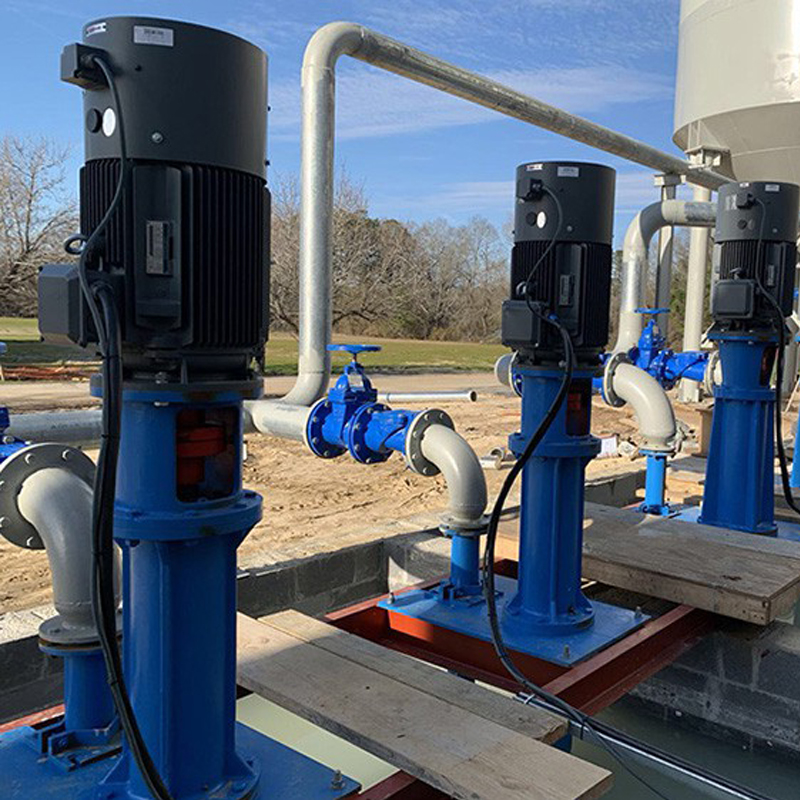Maltese
- Afrikaans
- Albanian
- Amharic
- Arabic
- Armenian
- Azerbaijani
- Basque
- Belarusian
- Bengali
- Bosnian
- Bulgarian
- Catalan
- Cebuano
- Corsican
- Croatian
- Czech
- Danish
- Dutch
- English
- Esperanto
- Estonian
- Finnish
- French
- Frisian
- Galician
- Georgian
- German
- Greek
- Gujarati
- Haitian Creole
- hausa
- hawaiian
- Hebrew
- Hindi
- Miao
- Hungarian
- Icelandic
- igbo
- Indonesian
- irish
- Italian
- Japanese
- Javanese
- Kannada
- kazakh
- Khmer
- Rwandese
- Korean
- Kurdish
- Kyrgyz
- Lao
- Latin
- Latvian
- Lithuanian
- Luxembourgish
- Macedonian
- Malgashi
- Malay
- Malayalam
- Maltese
- Maori
- Marathi
- Mongolian
- Myanmar
- Nepali
- Norwegian
- Norwegian
- Occitan
- Pashto
- Persian
- Polish
- Portuguese
- Punjabi
- Romanian
- Russian
- Samoan
- Scottish Gaelic
- Serbian
- Sesotho
- Shona
- Sindhi
- Sinhala
- Slovak
- Slovenian
- Somali
- Spanish
- Sundanese
- Swahili
- Swedish
- Tagalog
- Tajik
- Tamil
- Tatar
- Telugu
- Thai
- Turkish
- Turkmen
- Ukrainian
- Urdu
- Uighur
- Uzbek
- Vietnamese
- Welsh
- Bantu
- Yiddish
- Yoruba
- Zulu
Telephone: +86 13120555503
Email: frank@cypump.com
Sep . 28, 2024 03:41 Back to list
Understanding the Functionality and Importance of Sewage Pumps in Wastewater Management
Understanding Sewage Pumps An Essential Component for Waste Management
Sewage pumps play a crucial role in effective waste management systems, particularly in residential and commercial properties. These specialized pumps are designed to move wastewater and sewage from lower to higher elevations, ensuring efficient drainage and preventing plumbing backups. This article explores the importance of sewage pumps, their types, and key considerations for selecting the right one for your needs.
Sewage pumps are often used in areas where gravity-based drainage systems are insufficient. For instance, homes situated in low-lying areas or basements may require a sewage pump to lift wastewater to a level where it can flow into a sewer line. These pumps are equipped to handle a variety of solids and liquids, including human waste, food particles, and other debris that might clog standard plumbing systems.
There are two primary types of sewage pumps submersible and pedestal pumps
. Submersible pumps are designed to operate underwater, making them ideal for pit installations. These units have a sealed motor that allows them to function efficiently while submerged in sewage. On the other hand, pedestal pumps are installed above the sewage level and are connected to a pipe that leads to the discharge point. While pedestal pumps are easier to access for maintenance, they can be less effective in certain applications where space is limited.sewage pump

When selecting a sewage pump, several factors should be considered. Firstly, it's essential to determine the type of wastewater the pump will handle. Some pumps are equipped with grinding mechanisms that can break down solid waste, while others may need to be used in conjunction with a solids removal system. Secondly, consider the pump's capacity, which is typically measured in gallons per minute (GPM) or horsepower (HP). The capacity needed will depend on the volume of wastewater generated and the vertical lift required to transfer it to the sewer system.
Additionally, the installation and maintenance of sewage pumps are vital for their long-term functionality. It is advisable to consult with a professional plumber or contractor to ensure proper installation and setup. Regular maintenance, including cleaning the pump and checking the discharge lines for blockages, is necessary to prevent malfunctions and extend the life of the equipment.
In conclusion, sewage pumps are essential for maintaining effective waste management systems in various settings. Their ability to handle wastewater efficiently and prevent costly plumbing disasters makes them invaluable. By understanding the different types of sewage pumps and considering factors like capacity and maintenance, property owners can make informed decisions to ensure their waste systems function optimally. Investing in a reliable sewage pump not only enhances sanitation but also contributes to the overall health and safety of a living or working environment.
-
Horizontal Split Case Pump with GPT-4 Turbo | High Efficiency
NewsAug.01,2025
-
ISG Series Pipeline Pump - Chi Yuan Pumps | High Efficiency, Durable Design
NewsAug.01,2025
-
Advanced Flue Gas Desulfurization Pump with GPT-4 Turbo | Durable & Efficient
NewsJul.31,2025
-
ISG Series Vertical Pipeline Pump - Chi Yuan Pumps | Advanced Hydraulic Design&Durable Construction
NewsJul.31,2025
-
ISG Series Vertical Pipeline Pump - Chi Yuan Pumps | Energy Efficient & Low Noise
NewsJul.31,2025
-
pipeline pump - Chi Yuan Pumps Co., LTD.|High Efficiency&Low Noise
NewsJul.31,2025










